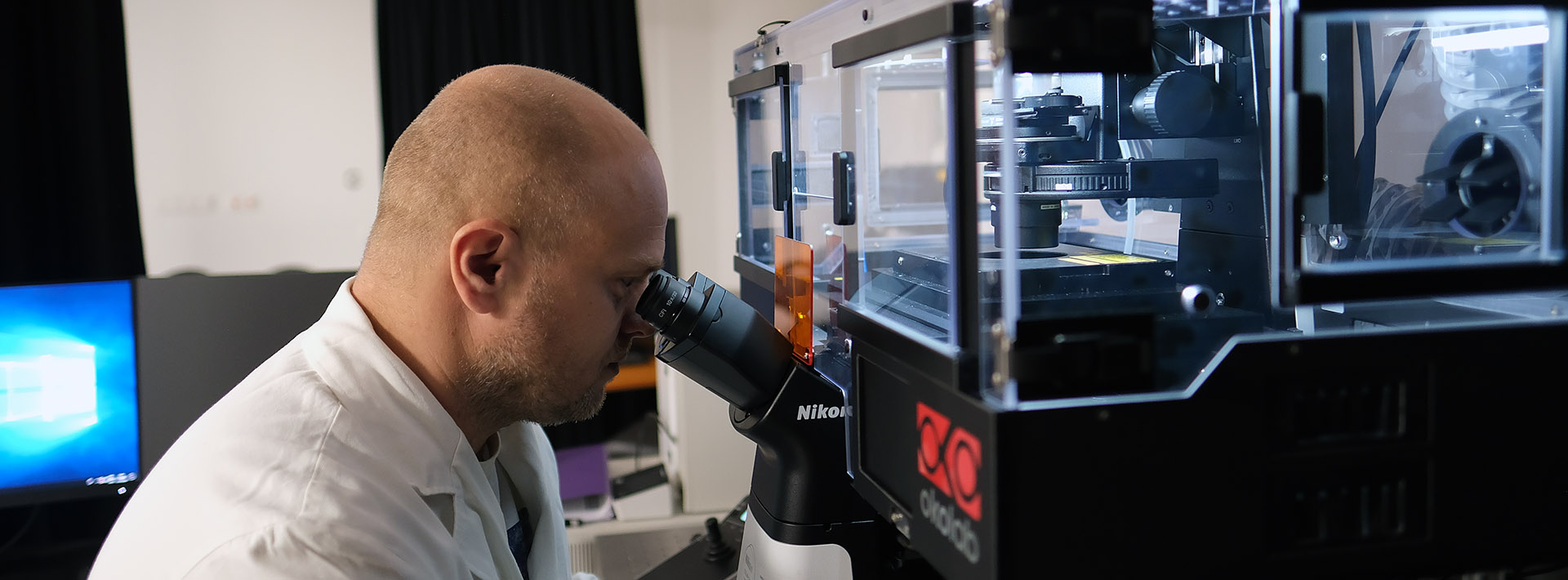Adatok
A Tantárgybejelentőben megadott hivatalos adatok az alábbi tanévre: 2023-2024
Tantárgyfelelős
-
László Zoltán PÉCZELY
associate professor,
Institute of Physiology
Óraszámok/félév
előadás: 12 óra
gyakorlat: 0 óra
szeminárium: 0 óra
összesen: 12 óra
Tárgyadatok
- Kód: OSF-GD2-T
- 1 kredit
- Dentistry
- Optional modul
- spring
Nincs
Kurzus létszámkorlát
min. 5 fő – max. 15 fő
Campus kurzusként elérhető 5 fő számára. Campus-karok: ÁOK
Tematika
The course aims to introduce students to the fundamental principles and complexities of human thought. Using a holistic approach, the course will explore the related problems of how correct inference and cognition are possible, applying the tools and results of philosophy, mathematics and neuroscience. Human thinking is based on similarity, analogy, which is the basis of the concepts of differential diagnosis and differential therapy in the field of medicine. In both clinical practice and research, the correct inference and the correct interpretation of data are very important in order to make possible what is perhaps the ultimate goal of science, successful prediction.
In the second semester, we will compare artificial and biological networks and their associated learning processes. We will examine the mind-brain problem, how the brain as a biological object and thinking can be related. We will briefly address the basic cognitive abilities that underlie the processes of thinking and cognition, and the adaptive and learning abilities of biological systems. At the end of the semester, we will briefly discuss the relationship between non-scientific thinking and the arts.
Előadások
- 1. Brain-mind problem. - Dr. Péczely László Zoltán
- 2. Hierarchically nested systems. - Dr. Péczely László Zoltán
- 3. Adaptation: regulation and learning. - Dr. Péczely László Zoltán
- 4. Similarities and differences between biological and artificial networks. - Dr. Péczely László Zoltán
- 5. Cognitive functions: perception, attention, decision-making, strategy, memory, thinking, - Dr. Péczely László Zoltán
- 6. Learning in biological systems I. - Dr. Péczely László Zoltán
- 7. Learning in biological systems II. - Dr. Péczely László Zoltán
- 8. Biological constraints on neural network models of cognitive function. - Dr. Péczely László Zoltán
- 9. Algorithms, randomness and prediction. - Dr. Péczely László Zoltán
- 10. Prediction and the brain. - Dr. Péczely László Zoltán
- 11. Is only scientific thinking possible? Thinking as poetry. - Dr. Péczely László Zoltán
- 12. Thinking and art. - Dr. Péczely László Zoltán
Gyakorlatok
Szemináriumok
A tananyag elsajátításához szükséges segédanyagok
Kötelező irodalom
Saját oktatási anyag
lecture slides
Jegyzet
Ajánlott irodalom
Peter Norvig, Stuart J. Russell: Artificial Intelligence: A Modern Approach
A félév elfogadásának feltételei
Maximum of 25 % absence allowed
Félévközi ellenőrzések
Peter Norvig, Stuart J. Russell: Artificial Intelligence: A Modern Approach
Távolmaradás pótlásának lehetőségei
not necessary
Vizsgakérdések
Are the same as lecture topics.
